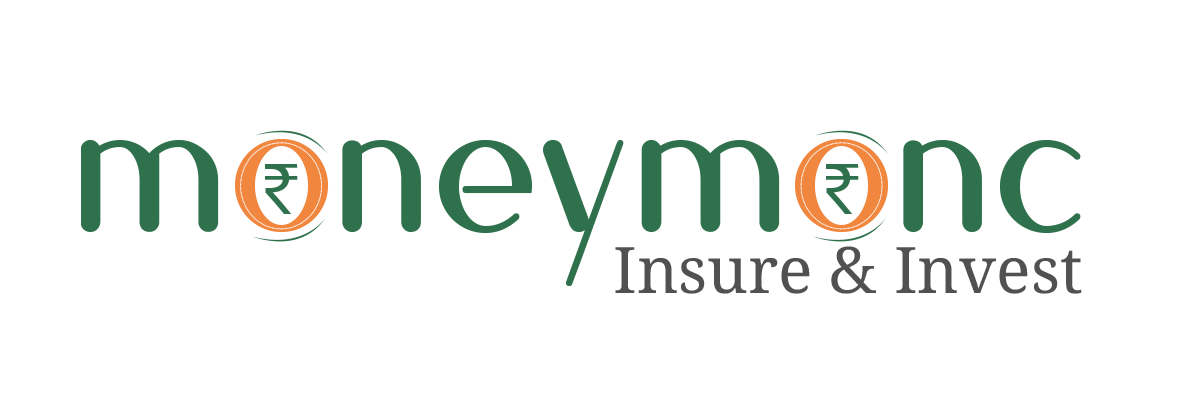Even as the government has cleared the decks for the insurers to go for 74 per cent hike in FDI cap, most insurance companies may prefer to raise money through an initial public offering (IPO), say analysts.
Analysts believe most domestic Indian promoters may be unwilling to give up control. And it won’t be easy to change the structure of bigger insurers like HDFC (Life and Ergo) or even SBI (Life and General) knowing well that they are among the largest distributors. Secondly, many of the foreign promoters may not have the financial wherewithal to invest for increasing the stake to 74 per cent.
Industry expert believe that European insurance giant Ergo (which is present in partnership with HDFC on non-life space) may be an exception as it is deep-pocketed and is likely to infuse further capital into their general insurance joint venture partnership with HDFC. Similarly, capital rich Bajaj may also not be interested in diluting its stake in the insurance venture.
When it comes to IPO, if a foreign partner wants to increase its stake to 74 per cent, then they will have to acquire it from the market.
So, insurers may look to raise capital through IPO route where FIIs and PEs will invest rather than the FDI route. SBI General and India’s largest insurer LIC are set to come up with IPO during this year or next year. According to analysts, the next will be HDFC Ergo and Bajaj Allianz.
Experts say that for many bank-promoted insurance companies, the RBI provision to bring down their shareholding in non-core assets may also nudge most of them to take the IPO route.
“As the FDI route may not get the desired capital from foreign investors, the only route available to some of the very progressive insurance companies with good performance would be to get listed. That would allow FIIs and PEs to participate in the insurance sector,” Ashvin Parekh, managing partner, Ashvin Parekh Advisory Services LLP said.

LIC will be the country’s largest insurer which is all set to come up with its IPO within a year with having an approximate size of Rs 1 lakh crore through which it may dilute 10 per cent stake. Next will be from insurance aggregator Policybazaar, which is yet to announce the date of filing of DRHP.
The country’s largest standalone health insurer, Star Health and Allied Insurance, owned by a consortium of investors, including Rakesh Jhunjhunwala and Westbridge Capital, has filed a draft red herring prospectus (DRHP) with the market regulator, Securities and Exchange Board of India to raise funds via an initial public offering (IPO) on July 23.
Under the draft, Star Health has reserved 75 per cent of the IPO size for qualified institutional buyers (QIBs), while 15 per cent of the portion is reserved for non-institutional investors and the remaining 10 per cent is kept for retail individual investors.
Prior to it, Medi Assist, Third Party Administrator (TPA) had filed a DRHP with the capital market regulator in May. TPAs process insurance claims on behalf of insurance companies. They contract with insurance companies and ensure better services to policyholders. The risks, premium rates, and marketing remain with the insurer.
The Indian healthcare insurance market is experiencing high growth. The premium serviced under health insurance was Rs 507.59 billion in 2019-20.
TPAs serviced 60 per cent of the total health insurance premium in 2019-20, and their premium serviced has grown at a CAGR of 20 per cent over the last three years.
As such, in the short to medium term, the TPA market is expected to grow approximately 21 per cent year-on-year.
“Healthcare has been fairly underpenetrated in the country. As the need and awareness increase, many more insurance companies will tap the market. Third party administrators, tech platforms and insurance providers are all looking at tapping the buoyant markets in the coming months,” says Arun Kejriwal, founder of Kejriwal Research and Investment Services.
Experts believe as the market is at an all-time high, it was the appropriate time for the insurers to get listed.
“Indian equity market is at all-time high. There is sufficient liquidity in the market. This may be considered appropriate time by companies to raise capital. Recently, the government has allowed FDI to the extent of 74 per cent in the insurance industry and therefore certain companies who need capital for expansion may like to go for IPO”, says Sunil Sharma, President, Chief Actuary and Chief Risk Officer (CRO), Kotak Mahindra Life Insurance Company.
It is difficult to say how many companies would like to come up for IPO. Further, most insures are reasonably capitalised, Therefore, it will depend on the shareholders if they would like to dilute their stake in companies, he added.
In case of Star Health, the proceeds from the issue will be deployed in FY22 towards augmentation of its capital base. As of March, 2021 its solvency ratio was 2.23x, much above the regulatory requirement of 1.5x. The proposed IPO will make Star Health the seventh insurer to list on Indian stock exchanges, following HDFC Life Insurance, ICICI Prudential and ICICI Lombard, SBI Life, New India and GIC Re.
The company is the largest private health insurer in India with a market share of 15.8 per cent in the Indian health insurance market in FY21. As of FY21 it had a total gross written premium (GWP) of Rs 93.49 billion.
Bengaluru-based healthtech and insurtech company Medi Assist Healthcare Services had filed early papers with market regulator its IPO which would be through an entire offer for sale (OFS).
The offer is being made through the book-building process, and the company intends to raise Rs 850 crore through the issue.
Medi Assist is a technology-led company in the health insurance ecosystem. Under the third-party administrator regulations, its primary clients are insurance companies, while its also serves as an intermediary between general and health insurance companies and the insured members. It managed Rs 78,295 million of health insurance premiums for the financial year 2020.
“Recent IPOs have been quite successful. This may encourage people to go for tapping the market. Insurance penetration was quite low in the country and hence there lies a tremendous scope for the companies trying to tap the market. With growth in the economy, everybody wants to have an insurance, health insurance in particular,” says Shiva Kumar, former president, Edelweiss.
PB Fintech, the parent of SoftBank-backed Policybazaar, is looking to raise up to 6,500 crore (USD 870 million) through an initial public offering (IPO). This makes it the fifth Indian start-up to initiate such plans this year. The online insurance aggregator is said to be seeking a valuation of as much as USD5 billion, up from USD 2.4 billion at the last funding round. The Policybazaar IPO is expected to be a mix of fresh shares and an offer for sale, through which existing investors can exit. This is similar to Paytm’s proposed public offer set for later this year.
(Kumud Das is a Pune-based teacher and freelance journalist, who writes on insurance, banking and human interest stories)


